What are the benefits of decluttering? 7 benefits that will make you want to clear out your cupboards
Finally having that big clear out could not only change your home, but your whole life too
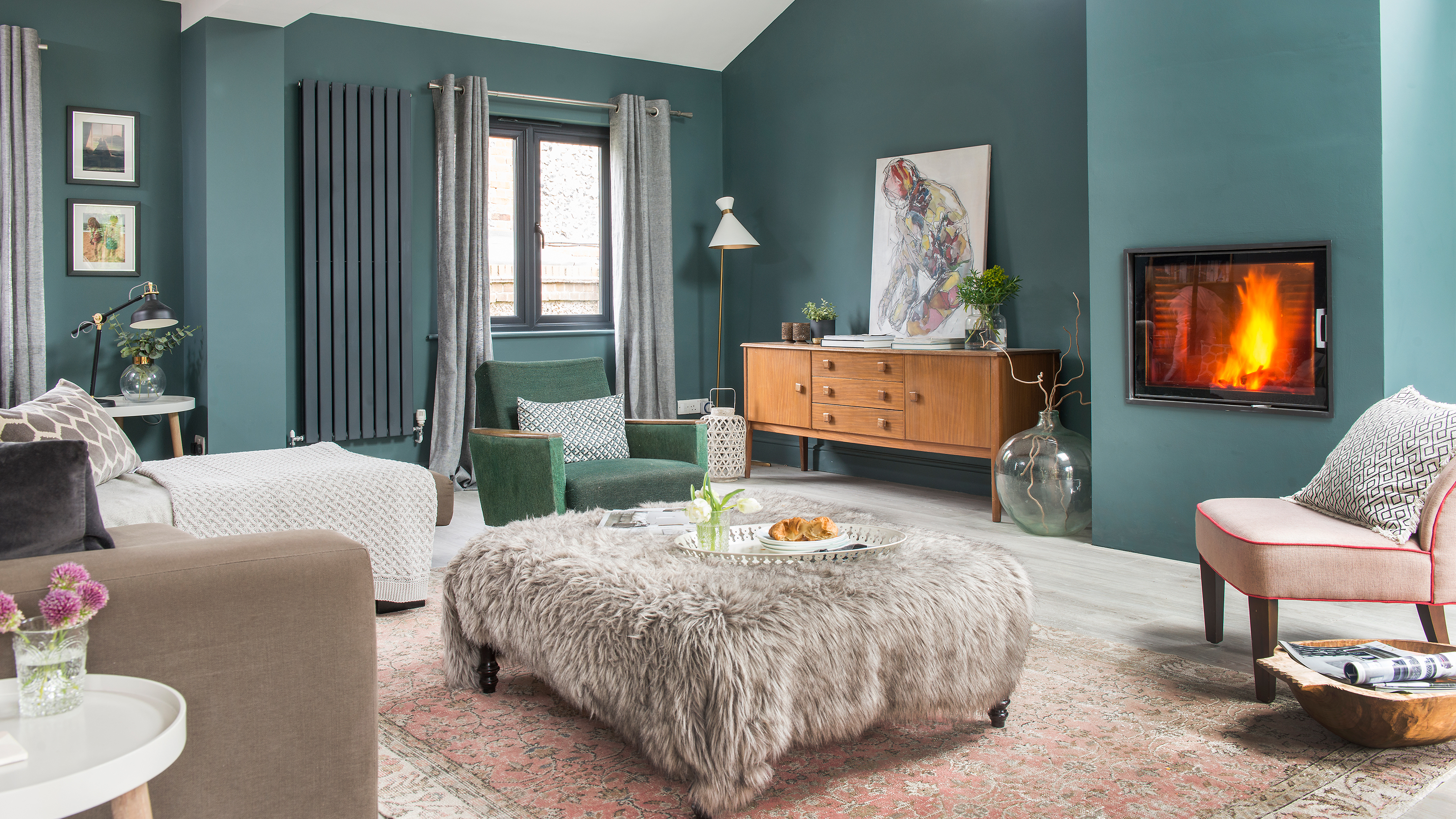

Sign up to our newsletter for style inspiration, real homes, project and garden advice and shopping know-how
You are now subscribed
Your newsletter sign-up was successful
Trying to keep on top of the day-to-day running of the home, work, family, social life and all the other chores vying for our attention has left us with to-do lists a mile long. So embarking on a big clearout that could take days is often pushed to the bottom of the priority list. But knowing the far-reaching benefits of decluttering could be just what you need to finally get started on that decluttering checklist.
Hayley Forster, decluttering expert at Simple Joy explains, ‘Decluttering is often seen as a simple act of tidying up, but its impact goes much deeper. It’s about creating harmony in your surroundings, which directly influences your mental health and mood.’
Before learning how to tackle clutter, it’s useful to know why we end up with so much of it in the first place. Helen Sanderson, psychotherapist and author of The Secret Life of Clutter explains, ‘We live in a culture where we go shopping for leisure, when we don’t really need things, but we buy them because we like them.’
Who hasn’t had a wander round the shops only to return home laden with ‘bits and bobs’ that weren’t needed or even really wanted that much? All of those things add up over time, resulting in more clutter around the home. But clearing away old, unnecessary items can breathe new life into not only your home, but your day-to-day life too.
What are the benefits of decluttering?
Streamlining your living space and getting rid of the excess ‘stuff’ that no longer serves you sounds ideal, but it can often be easier said than done. Over time we become emotionally attached to our things, even when they’ve outgrown their usefulness, which makes letting go hard.
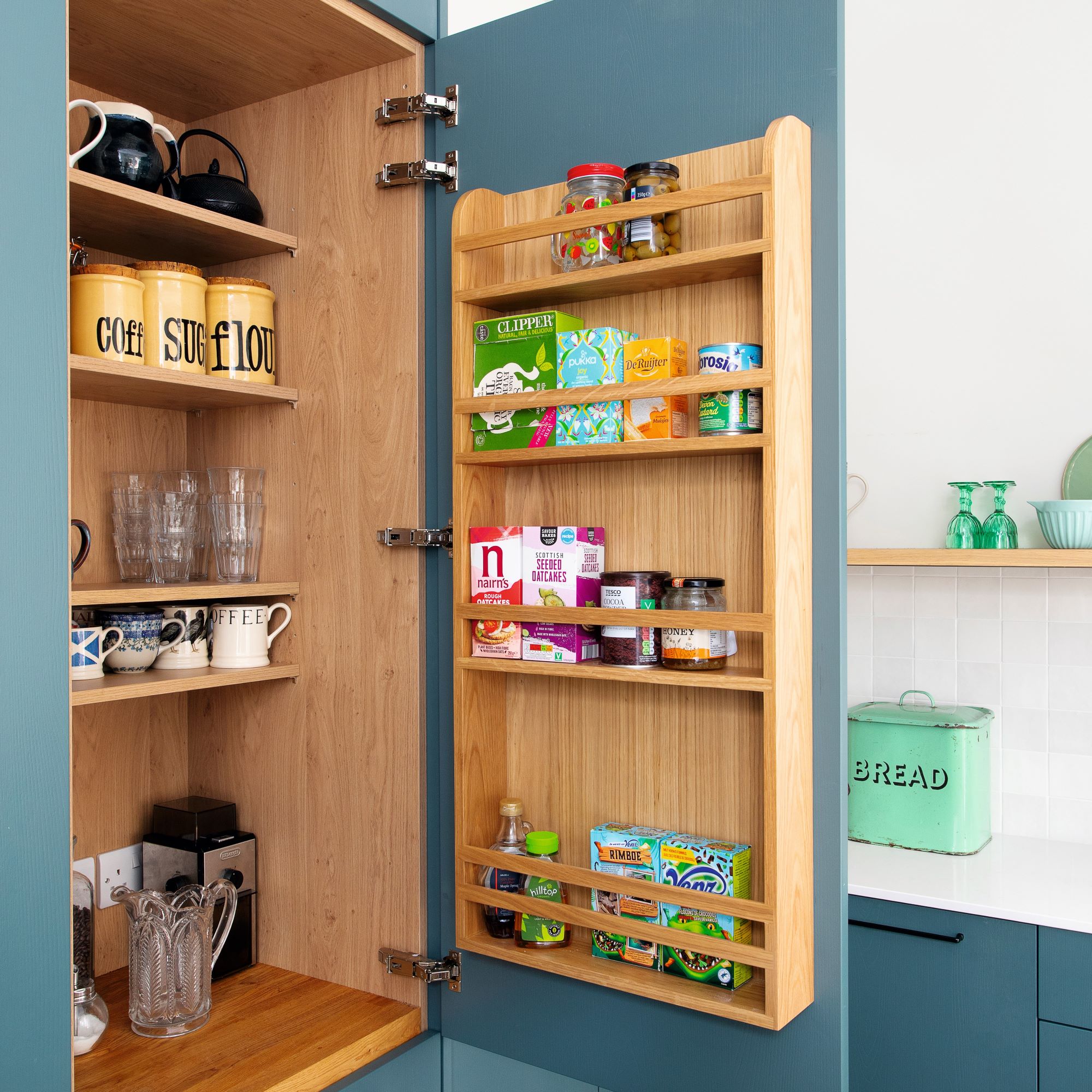
Awa Njie, Senior Psychological Wellbeing Practitioner at mental health charity consortium, Living Well UK explains, ‘Even if these items have no use, the stories behind them or simply the time they’ve spent with you can be enough to make you hesitate when choosing to get rid of them or not – a killer for effectively reducing clutter.’
Awa also tells us that, aside from the emotional implications of letting things go, we can also convince ourselves that we still need them, ‘just in case’, especially if we’ve spent a lot of money on items.
Sign up to our newsletter for style inspiration, real homes, project and garden advice and shopping know-how
So, in order to get serious about tackling the clutter in our homes once and for all, it’s important to understand the real, tangible benefits decluttering will have on your life. We’ve gathered a careful selection of experts to explain just that.
1. Reduced stress and more clarity
You may not realise it, but being surrounded by clutter could be elevating your stress levels. Feeling overwhelmed by so much ‘stuff’ and having no clue where to store it all is a common issue, but one of the benefits of decluttering is an easing of this tension. This is one of the benefits of minimalism too if you are willing to cut down your belongings even further.
Dr Becky Spelman, psychologist and founder at Private Therapy Clinic explains, ‘Decluttering brings calm and clarity, boosting productivity, improving focus, and creating a more positive and uplifting environment. This can result in better mental health and a greater sense of control and contentment.’
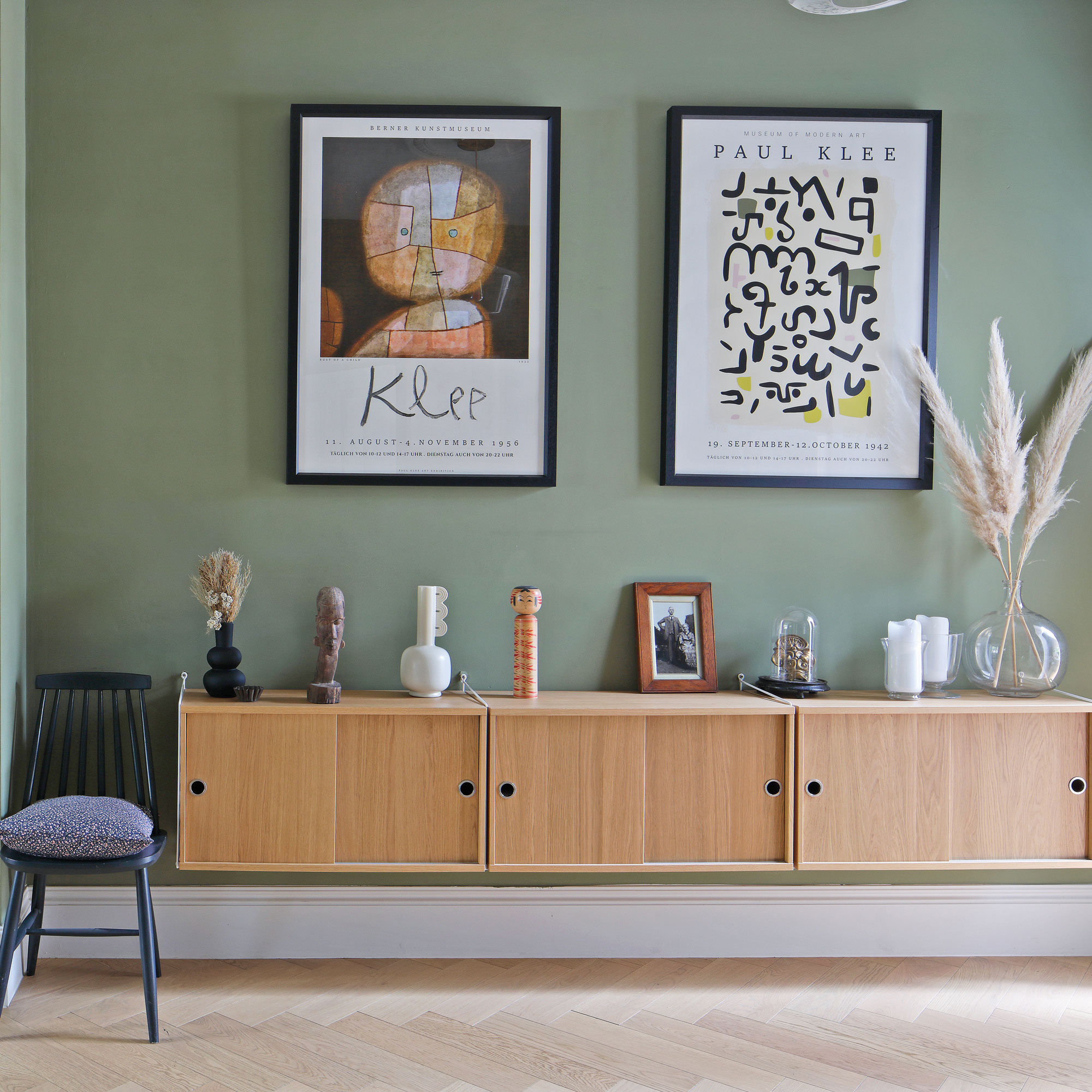
2. Mood elevation
It’s easy to put off tackling clutter, pulling things out of cupboards, down from the loft or out of the garage to have a good sort-through can feel like torture. But there will be serious gains for the pain involved.
Hayley Forster tells us, ‘Living in a decluttered space can elevate your mood, offering a sense of relief and satisfaction. It's a proactive step towards creating a living environment that supports your wellbeing and reflects a more intentional lifestyle.’
3. Renewed energy
Did you know that being surrounded by excess clutter could be impacting your energy levels? The brain naturally likes order when processing, so excess clutter can distract and overwhelm it and make you feel exhausted in the process.
Therefore, clearing out unwanted items can help give you an energy boost. Helen Sanderson explains, ‘Your home is your battery charger, it is the place you go to re-charge and also the place you run your life from. You want your home to support and nourish you, rather than being a space of stress, shame and something that drains you because you think about it all the time.’
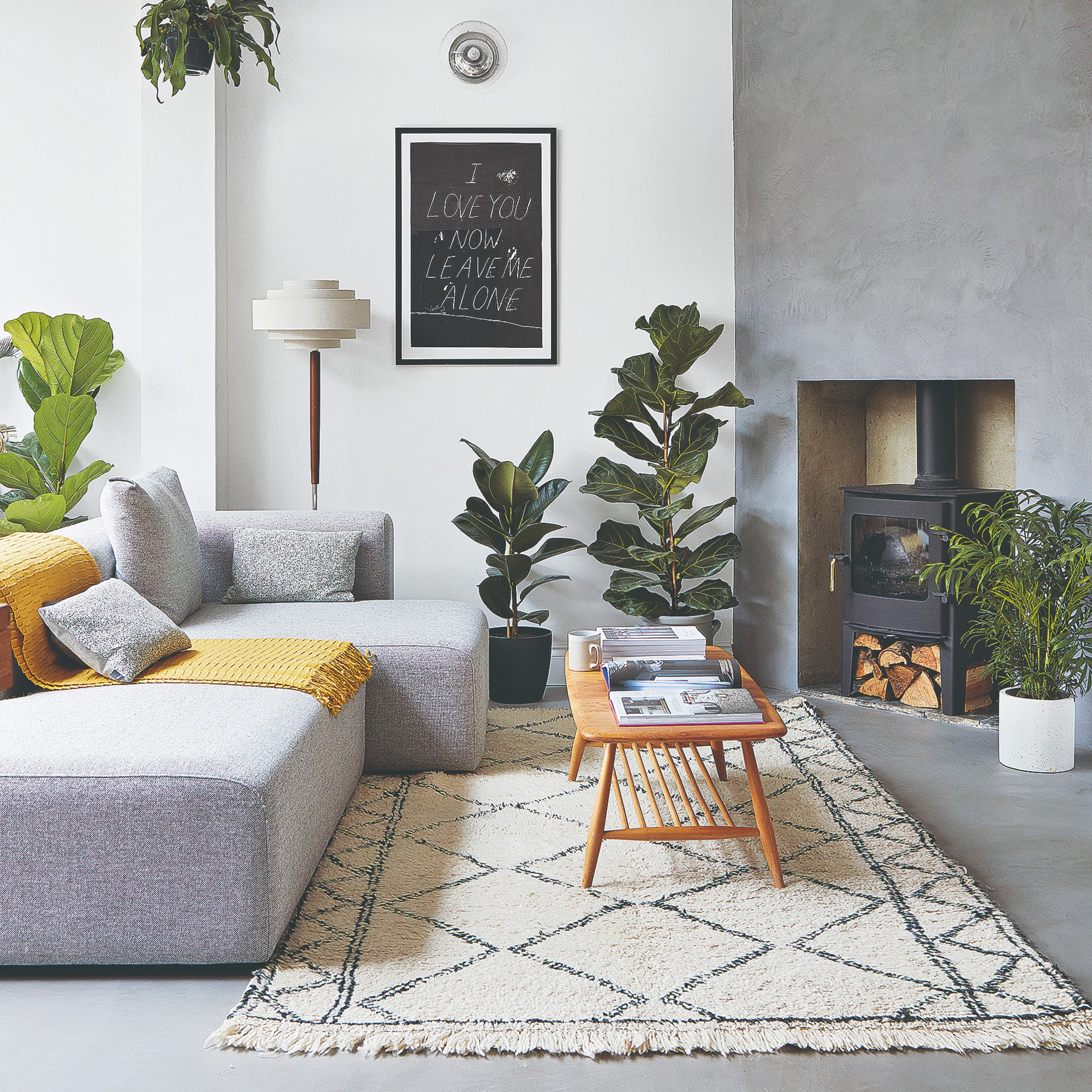
4. Better time management
Searching for your keys when you’re running late, looking for a birthday candle in the overflowing kitchen ‘misc’ drawer, trying to find those ‘go-with-everything’ black trousers in a bursting at the seams wardrobe – all stressful time wasters. When you streamline the things in your home, getting rid of what’s no longer needed, you’ll be able to find what you’re looking for with ease. It will make your living room storage idea and hallway storage ideas work more effectively.
As Feng Shui expert Janine Lowe says, ‘When we have clutter it gets in the way and leads to wasted time searching for misplaced items. By decluttering and organising our own space, we save both time and energy which we can use elsewhere.’
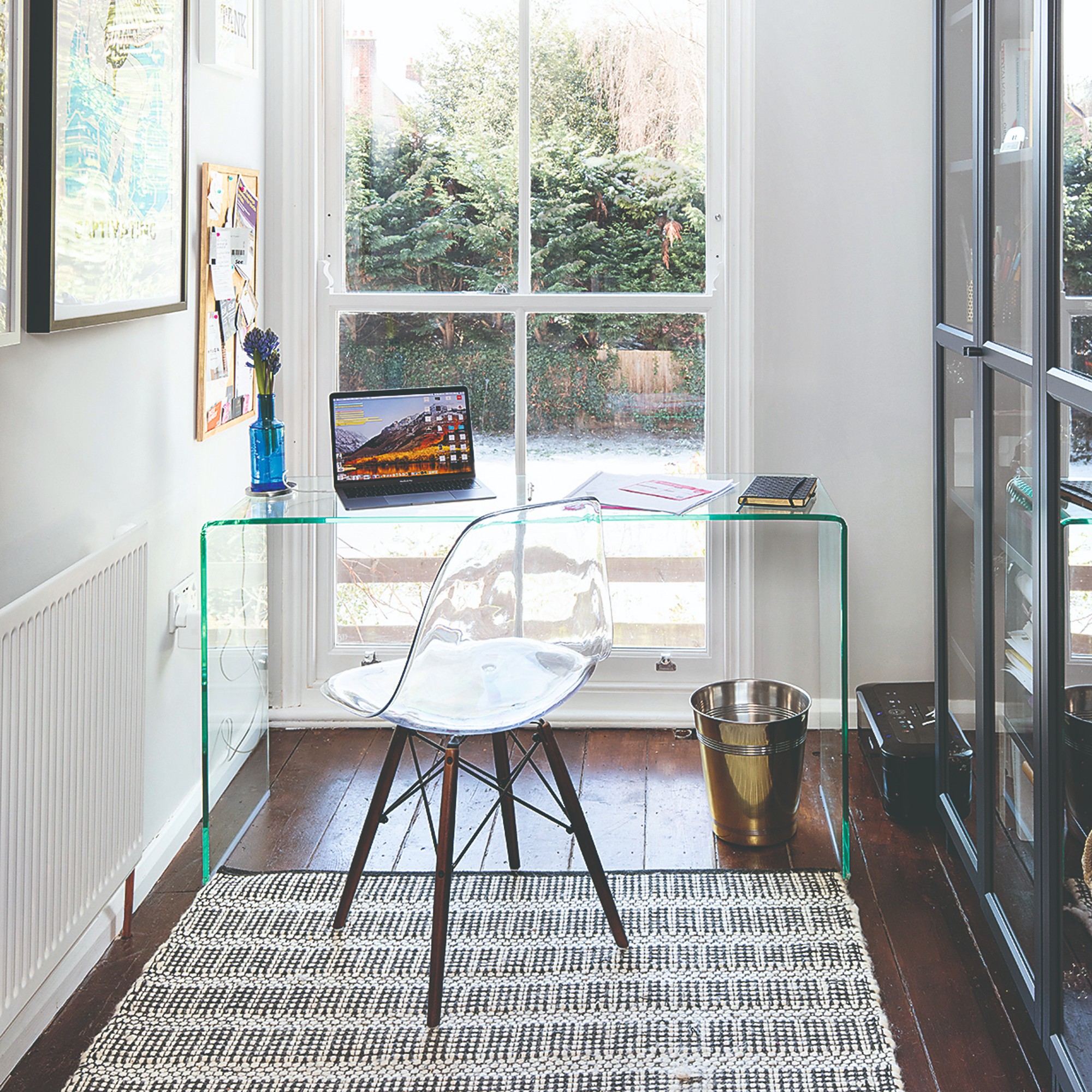
5. Improved relationships
We’ve all had stress-induced rows over messy homes, things left lying around, items falling out of cupboards when they’re opened – excess clutter can cause serious tension in relationships with partners, children and housemates.
Positive psychology coach Elle Mace explains, ‘Getting rid of clutter can improve relationships by fostering a sense of harmony and cooperation within shared spaces. Clearing out unnecessary belongings can prevent conflicts over space and belongings, leading to better communication and mutual respect among household members.’
6. Help the planet
It’s not just our homes that see the benefit of having a big clear out, the environment can be impacted too, especially when we make a concerted effort to not only rehome unwanted items, but be mindful to not instantly replace them with more stuff.
‘By reducing the number of items we own, we naturally consume less, which is beneficial for the planet. Selling unwanted items or donating them to charity can be financially rewarding and socially responsible. It’s a way of giving back and ensuring that our unwanted items find a new purpose elsewhere,’ Hayley Forster says.
7. Better Sleep
Lastly, if you need more persuasion to finally tackle unwanted clutter, did you know that it can help you to sleep better? Awa Njie says, ‘The mental wellbeing benefits of decluttering are also key factors to improving the quality and longevity of sleep. Stress and anxiety are detrimental when it comes to getting enough deep sleep, and as the process of decluttering is beneficial for our stress levels, it can often translate to a better night’s rest – especially if the bedroom is clutter-free.’
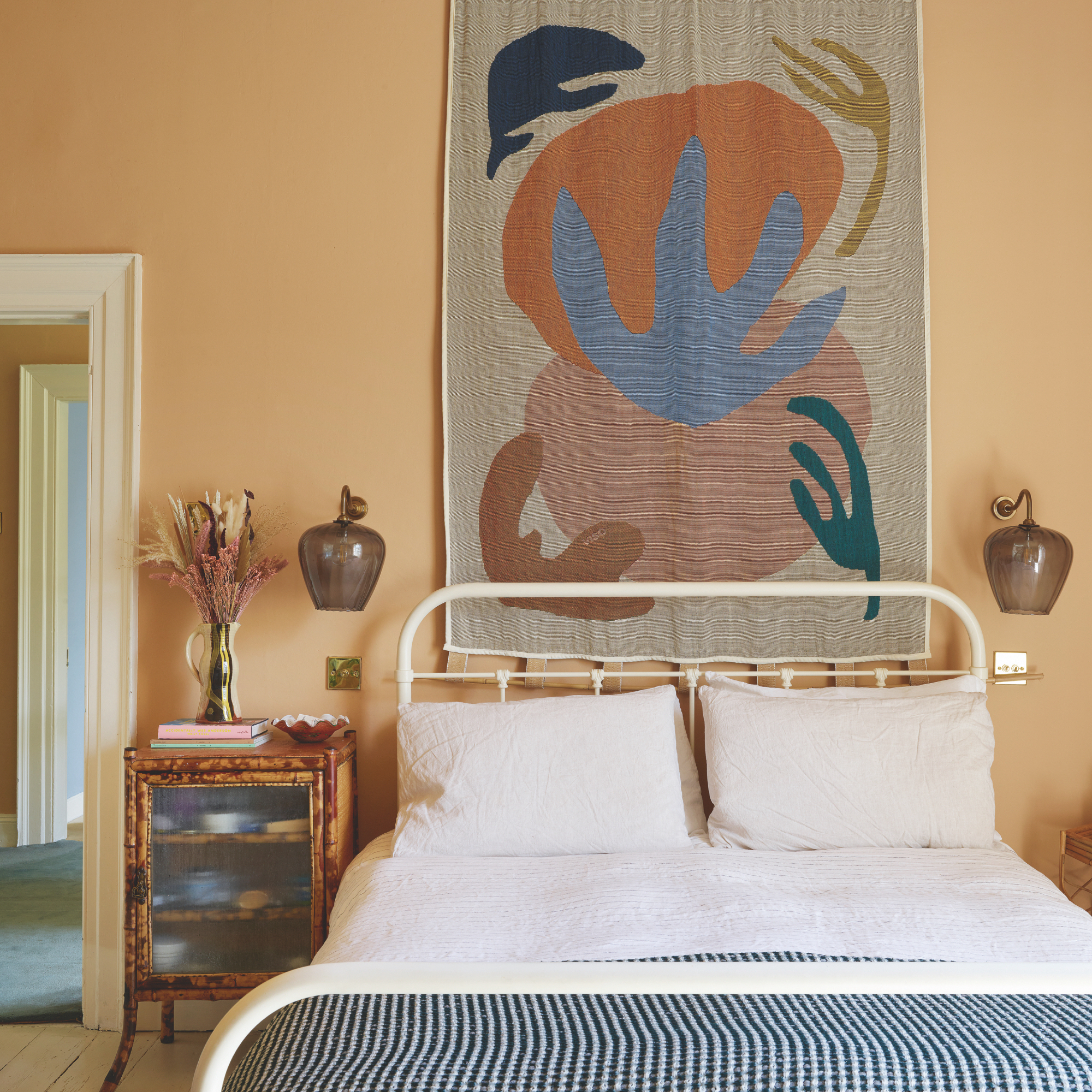
FAQs
Why is decluttering so powerful?
Hayley Forster, decluttering expert at Simple Joy says, ‘The first and perhaps most significant impact of decluttering is on our mental health. A cluttered space can be a visual representation of a cluttered mind, leading to feelings of anxiety and overwhelm.
'When we declutter, we are doing more than just organising physical items; we are clearing mental clutter. This act of tidying up can significantly reduce stress and anxiety, creating a sense of calm and peace in our minds.’
What happens to your brain when you declutter?
‘It’s not just a tidy up or a clear out, it’s a physical commitment to improving the space around us, to creating an environment that we can feel comfortable and safe in. When we do this, we also give ourselves the best chance to support our mental wellbeing by removing distractions, stimuli, and mess to allow ourselves to thrive and flourish – whether that’s personally, professionally, or socially, making it an incredibly powerful tool for our wellbeing,’ Awa Njie tells us.
So what are you waiting for?